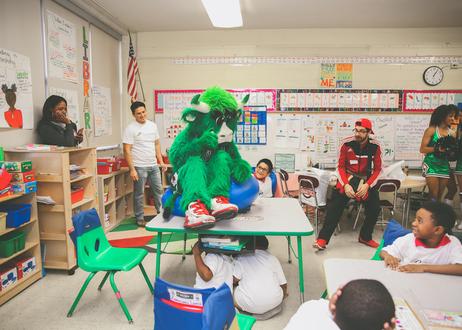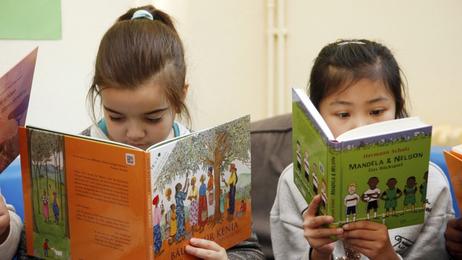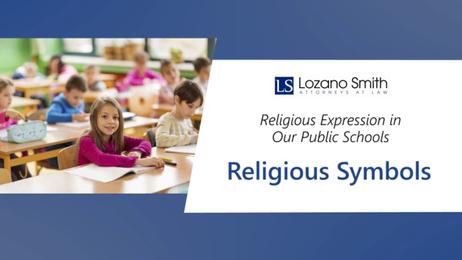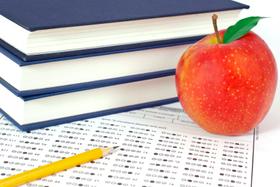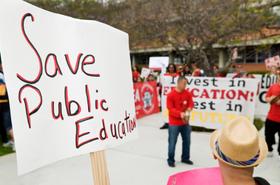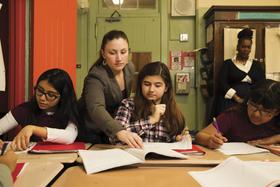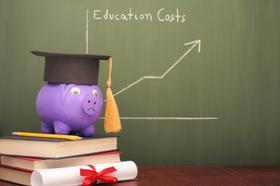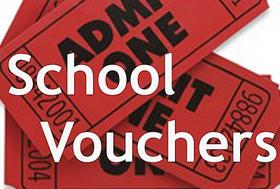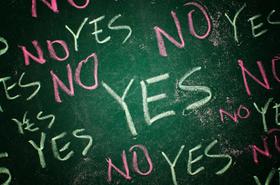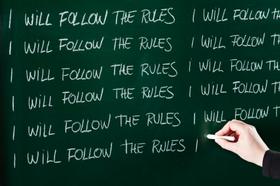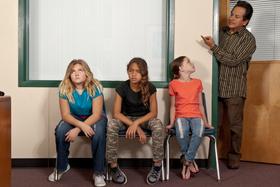In the past decade, public awareness of our planet’s natural resources has grown, and with that understanding has come to a movement in living in environmentally sustainable “green” ways. While just a few decades ago recycling was a fringe activity, today it is a widespread practice. Hybrid vehicles have gone from fantasy to reality.
As national interest in living sustainable and eco-friendly lifestyles continues to grow, a number of public schools are joining the green movement, designing green curricula for students at all levels. In fact, some charter schools are now based around the ideals of green living.
This TED Talk discusses teaching sustainability in schools.
Green Charter Schools
The New York Times reports that across the country, public charter schools that are based around a “green” theme have been springing up. The Green Charter Schools Network, which is based in Madison, Wisconsin, says it has counted about 200 green charter schools nationwide, according to the Times. These green charter schools serve several purposes that both benefit the earth and their students’ futures.
Preparing Students for Work in the Sustainable Energy Industry
Some charter schools focus on technical skills that will prepare students to find work in the “green collar” jobs that are frequently touted as a part of a growth industry.
The Times article mentions Manhattan’s Urban Assembly School for Green Careers, which opened in

